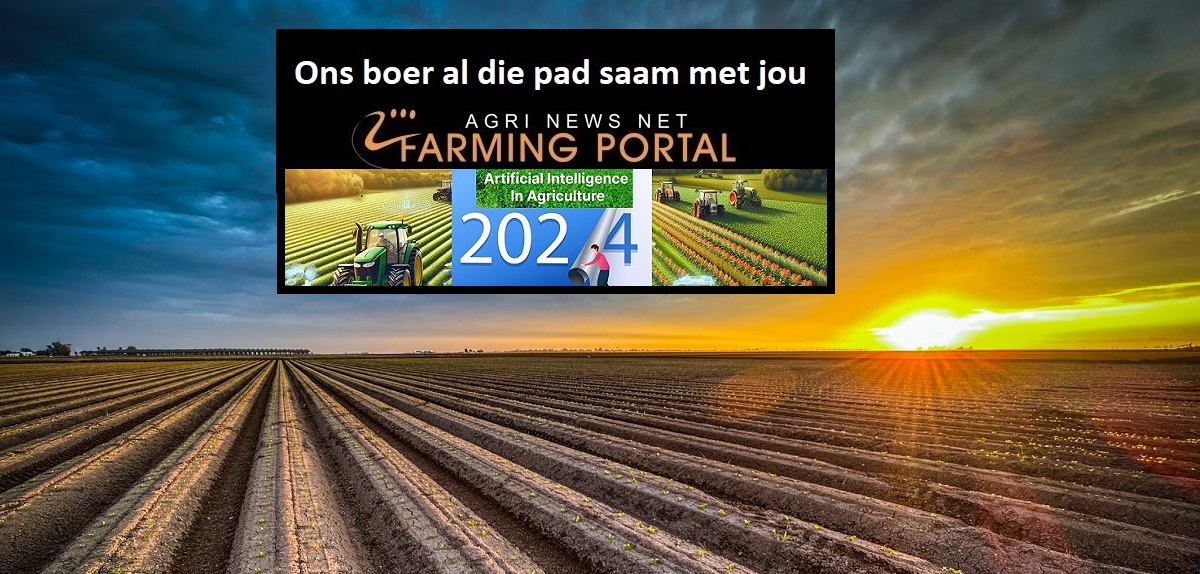Low-alcohol wine is any wine product with an alcohol percentage below 4.5%, de-alcoholised wines need to be below 0.5% and alcohol-free, below 0.05%. The quality of the South African low and no-alcohol offering is steadily improving, even though producers are still navigating product development, price points, marketing, exporting, as well as consumer skepticism.
According to Helen Kock, brand portfolio director at Vinimark, “Market data suggests that while there is growing interest towards these healthier alternatives, they have not yet fully penetrated the market or replaced traditional wine choices.” Kock suggests that taste preferences, lack of awareness, and price points may still be hurdles.
Embracing innovation
Despite challenges, the sector is growing globally, especially among new consumers. The IWSR reports:
The trend of "substituters" is emerging, with Millennials preferring no/low beverages on some occasions and full-strength alcohol on others, as well as switching between alcohol and no-alcohol products in the same occasion (“blenders”).
NIQ also reports that 45% of legal-drinking aged Gen Z consumers and a third of other demographics had never tried alcohol. They are also more likely to try non-alcoholic drinks.
 Worrying trends emerge for South Africa’s wine industry
Worrying trends emerge for South Africa’s wine industry
Changing views
Several South African brands are actively shaping consumer perceptions within these categories. Kock says the quality of Lautus Savvy White, one of the first de-alcoholised wines in the country; Allure non-alcoholic sparkling wine from the same producers as Graham Beck; and The Duchess range have been pushing non-alcoholic beverage norms.
Robertson Winery's non-alcoholic sparkling range and their Cultivar Light wines as well as Darling Cellars' de-alcoholised wines are other products with potential for market expansion as consumer awareness grows.
Market insights
Although local off-consumption market data, aggregated from most big retailers, reveals a decline in the sales of "light" wines, it shows a 15.1% growth in non-alcoholic and de-alcoholized wines year-on-year from March 2020, as well as 2.7% growth in low alcohol wines over the same period, indicating a shifting consumer landscape.
SAWIS reports a 59.74% growth in local sales of de-alcoholised and non-alcoholic wine from 64 883 litres in 2021 to 103 642 litres in 2022. The sparkling category of de-alcoholized and non-alcoholic wine reveals a staggering 650% growth in local sales, from 2 156 litres in 2021 to 16 175 litres in 2022.
Catering to wine drinkers
Reg Holder, founder of the Lautus brand, emphasises that de-alcoholized wine is a luxury item. In most markets, Lautus caters to wine drinkers rather than abstainers, offering a sophisticated alternative.
“People drink no-alcohol wines during the week for sport, work, or family, then spoil themselves over the weekend and buy up,” Holder says.
He thinks non-alcoholic wine benefits South Africa's premium wine image. “Our overseas clients find origin extremely important; they want to know where the vineyard is, how the wine is created, and whether it is oaked.”
Holder believes quality is the category's strength. “We should compare our de-alcoholised products to what is made in the rest in the world, not to regular wine. Locally, the category is still small, making it hard to convince consumers to try new products. Our products are well-known internationally and considered premium in the US in a quality-driven market at a high price range.”
Holder is excited about future developments such as improved techniques that will give the category a boost. “Our base wines are good, and we are at the forefront of this movement,” he says. “Non-alcoholic wine might not taste like wine, but it represents the same idea and is a good alternative with a lot more complexity than a glass of water.”
Overcoming perceptions
Rebecca Constable of Beck Family Wines, the brand behind Allure non-alcoholic sparkling wine, advocates countering market resistance by promoting no-alcohol wine as an 'alternative' rather than a 'substitute’.
Educating consumers about quality, the winemaking process, and the premium cost is crucial, according to Constable. “Van Loveren does an amazing job with Almost Zero, as well as Spier with their lower alcohol offerings,” she says. Social listening confirms Allure’s success as a popular high-quality alternative.
Constable recommends investing in specific cultivars for the lower alcohol market, especially given the 2023 UK changes in alcohol tax for products below 3.5% ABV.
South African uniqueness
Gustav Fouche of BevZero collaborates with several of South Africa’s around 20 no-alcohol producers. He highlights the uniqueness of South African no-alcohol wines, with 90% of these wines using natural flavours only.
“This distinguishes South African no-alcohol wines from its more synthetic European counterparts,” Fouche says. “We should promote our no-alcohol wines as more natural, packed with flavour from the grapes, and no added flavourants, which positions us well for future firmer international legislation on wine additives.”
Looking ahead
As South African wine brands expand into new markets with greater freedom of choice and a more diverse audience, continued innovation, education, and consumer awareness could secure a progressive future in the world of alternative beverages.
Isabeau Botha















